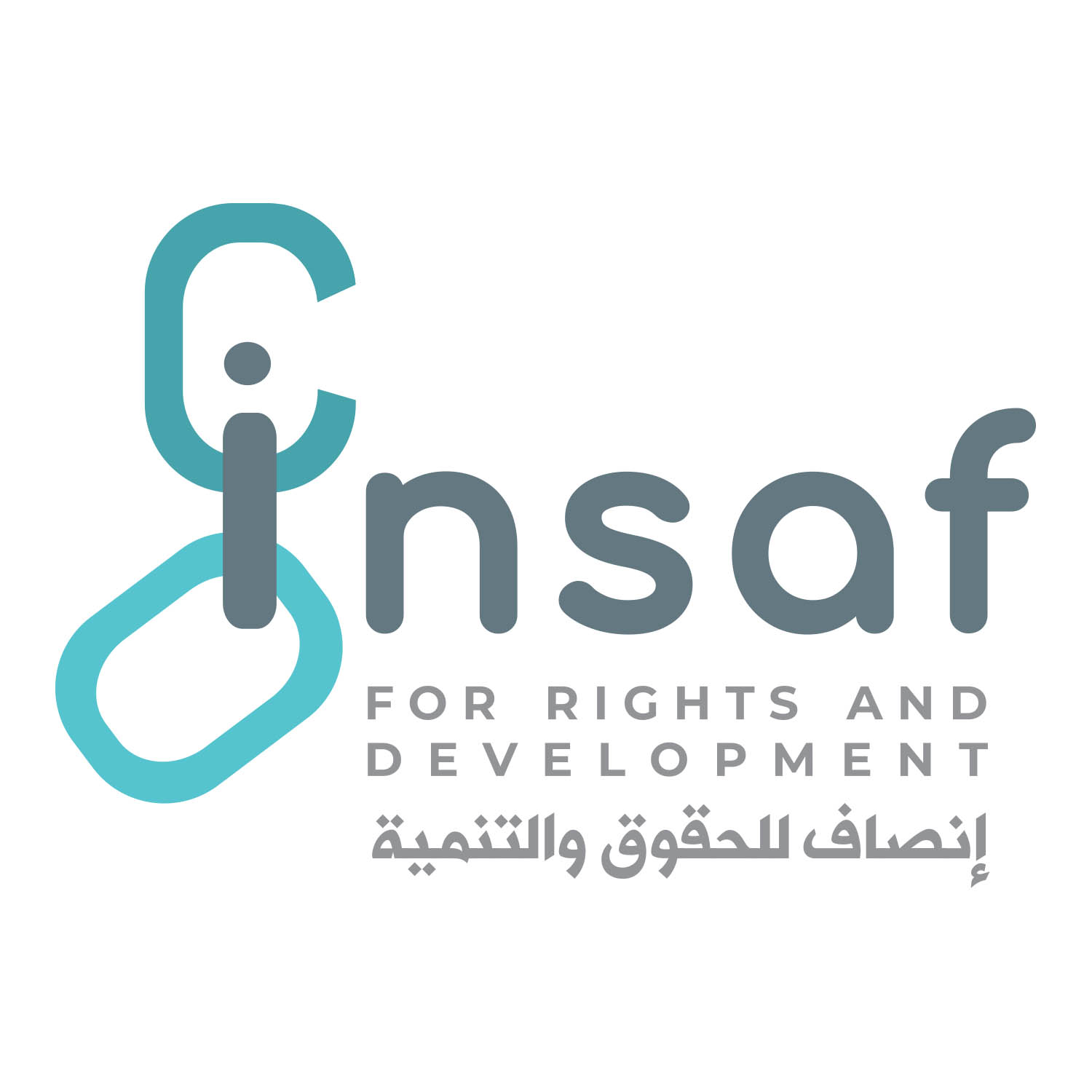The cost of battles in Yemen’s conflict on citizens is increasing. However, it takes an even uglier turn when it comes to minorities that have become bargaining cards in the hands of militias that do not recognize the law or civil engagement. These militias work on turning these minorities into bargaining cards in order to obtain political or military gains, or during any agreements with the government.
INSAF Center for Defending Freedoms & Minorities has monitored Houthi militia’s movements during the past couple of days which seek to put more pressure on Baha’is who have been imprisoned in Houthi jails for years, by reopening trials that have been suspended for over a year now. The Specialized Criminal Court was held on the 25th of January, where it held the trial of 24 Baha’is on serious charges, punishable by death according to Yemeni law.
These trials are marred by many legal violations which remove the principle of justice from these procedures. As the court did not specify the exact date of the sessions, which indicates that the court seeks to make these sessions secret. The accused lawyers were not provided with the case file, let alone preventing the lawyers from meeting or sitting with their clients.
Apostasy, the spreading of the Baha’i faith and colluding with Israel are the charges facing the Baha’i accused individuals, charges which could result in their execution. It seems that the militias are seeking to make this issue a bargaining card in their hands, even if it comes at the expense of the people of this minority who have long suffered in the prisons of the Houthis.
The marginalized minority Al-Muhamasheen face a very similar situation, where they have faced repeated cases of violations, a situation exacerbated by the loss of state tools and their legal and civil capabilities. The militias have been known to recruit some of them and throw others into their prisons for racist reasons.
A prominent case against this minority is that of an accused Muhamasheen induvial by the name of Fawaz Ahmad Swailem and his wife and family. Where the court – which is under the control of the Houthi militias – sentenced to death Ahmed Swailem and his wife, Dania Fadhel Saleh, Muhammad Nasser Ahmad Al-Qafri, Majid Naji Ali Al-Sahbani, Abdullah Naji Ali Al-Sahbani, and Sabah Muhammad Ahmad Rajeh, who all belong to the Muhamasheen minority. This ruling took place during a vague trial that lacked the most basic elements of justice, without the presence of lawyers or even the prosecutors, on charges of alleged rape and murder of a girl, which is still alive. Not to mention that the charges themselves are baseless, and that the case has a racist dimension related to the flight of this girl to this marginalized family. This is what made the security and judicial authorities in Sana’a bias to the pressure bought on by the tribal side (the girl’s family) and seek to perpetuate a ruling that would be both a punishment for this marginalized family and a deterrent to anyone trying to overcome the prejudice walls of apartheid found within Yemeni society.
While we do realize the overall humanitarian situation of minorities in Yemen, we also must recognize the difficulty and seriousness of what members of these minorities face, not only due to the besieged economic and humanitarian situation, but by the fact that they are surrounded by real fences and restrictions, some of which threaten them with death or imprisonment.
We appeal to the various regional and international parties involved to continue to pressure the Houthi ruling authorities in Sana’a to release the Baha’i detainees, and to recognize the legal procedures in relation to the trial of the Muhamasheen minority away from the racist injustices that it pursues in accordance with the racist dictates of some tribal norms that have nothing to do with the legal system or the law.



